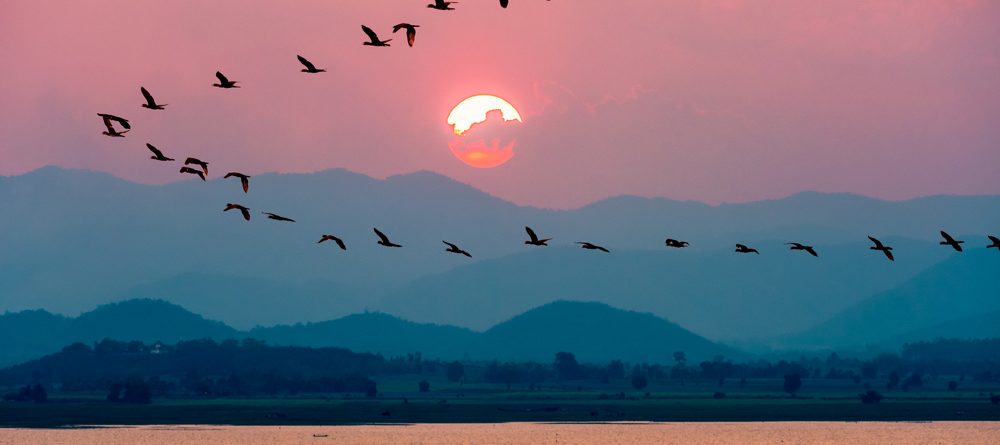Important Tips for Nature Photography
Nature photography requires a blend of technical skill, patience, and an understanding of natural light and composition. Here are some essential tips and principles to enhance your nature photography:
1. Master Lighting Conditions
- Shoot during the golden hour (early morning or late afternoon) for soft, warm light.
- Use diffused light on cloudy days to avoid harsh shadows.
- Experiment with backlighting to create dramatic silhouettes.

2. Composition Techniques
- Apply the rule of thirds to create balanced images.
- Use leading lines (rivers, paths, tree branches) to guide the viewer’s eye.
- Incorporate foreground elements to add depth and perspective.
3. Camera Settings & Equipment
- Use a low ISO to reduce noise and maintain image quality.
- Adjust aperture based on the subject—wide for landscapes, narrow for close-ups.
- Consider using a tripod for stability, especially in low-light conditions.
4. Understanding Color & Mood
- Utilize color harmony to evoke emotions—warm tones for energy, cool tones for calmness.
- Pay attention to contrast between elements to make subjects stand out.

5. Ethical Considerations
- Respect nature—avoid disturbing wildlife or damaging the environment.
- Leave no trace—be mindful of your impact on natural spaces.

Nature photography can be challenging for many people. Progress comes from taking as many photos as possible. Based on the principles mentioned earlier, you can capture stunning nature photographs. Just remember:
- Take photos every day
- Observe and analyze the type of photography you enjoy
- Lighting is more important than equipment
- Gear matters less than creativity and technique
- Don’t be discouraged if most of your early photos aren’t perfect
Nature photography is truly enjoyable and provides a great opportunity to experiment with outdoor photography. Try using the techniques discussed when photographing landscapes, flowers, or wildlife. Soon, you’ll become an outstanding photographer!





Leave a Reply